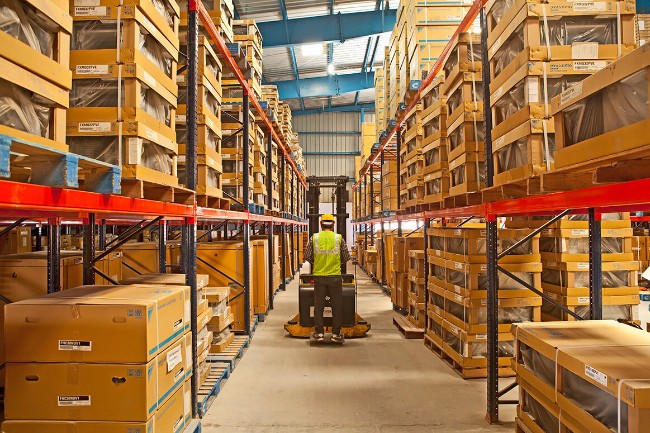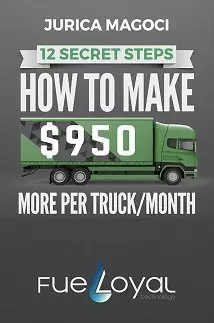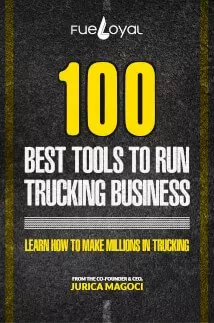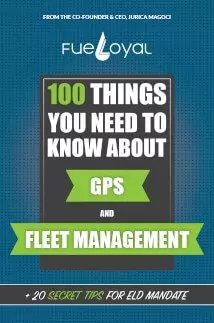A warehousing company is something that most carriers and businesses will need at one time or another. Some will use their services on a regular basic while others might only rely on them to handle merchandise overflow, excessive inventory.
Get FREE White Paper With Full List Of Tips - How To Find and Choose A Top Warehousing Company!
Why would this occur? Well there are quite few reasons why you will use warehousing company occasionally:
- Added inventory for the holiday season;
- Promotional sales events;
- Unexpected consumer demands;
- Poor performance on sale items;
- Relocation/realignment of inventories;
- Manufacturer recalls;
- Bankruptcy, business closures, auctions;
- Loss of space due to weather (hurricane, tornado, flood, etc);
- Preparations for upcoming events;
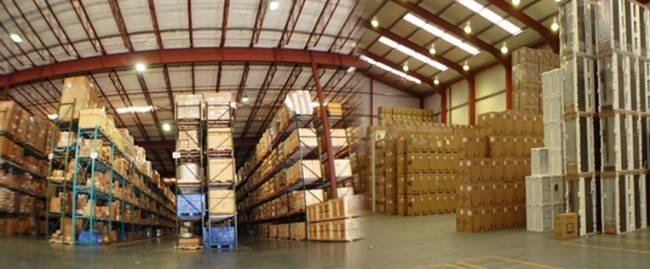
The list goes on and whatever the reason might be, there is a huge demand and need to warehouse you merchandise and use a warehousing company.
But what does a warehouse actually do? Well, that is easy. A warehouse is a place to store excessive merchandise, material, freight, etc. until it is needed. A warehousing company operates the warehouse handling and all the little details for you, such as the insurance, employees, bills, and such.
